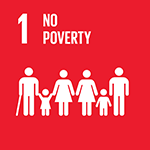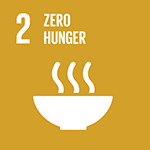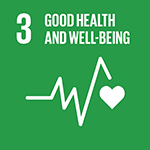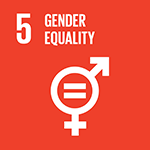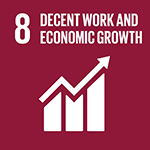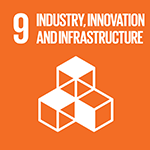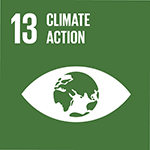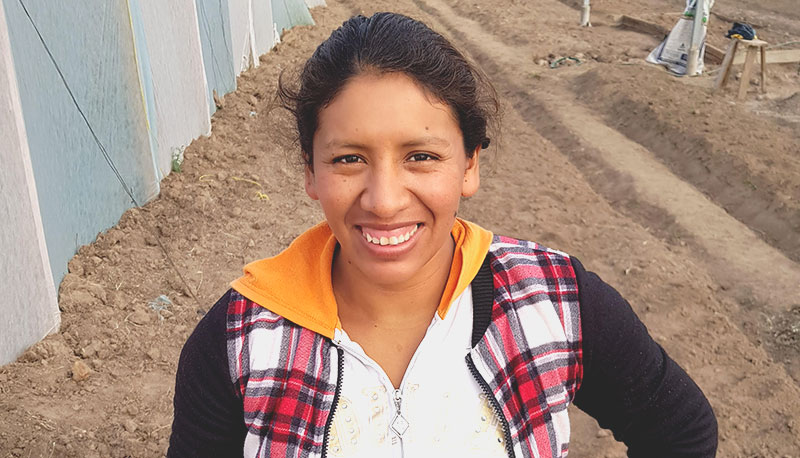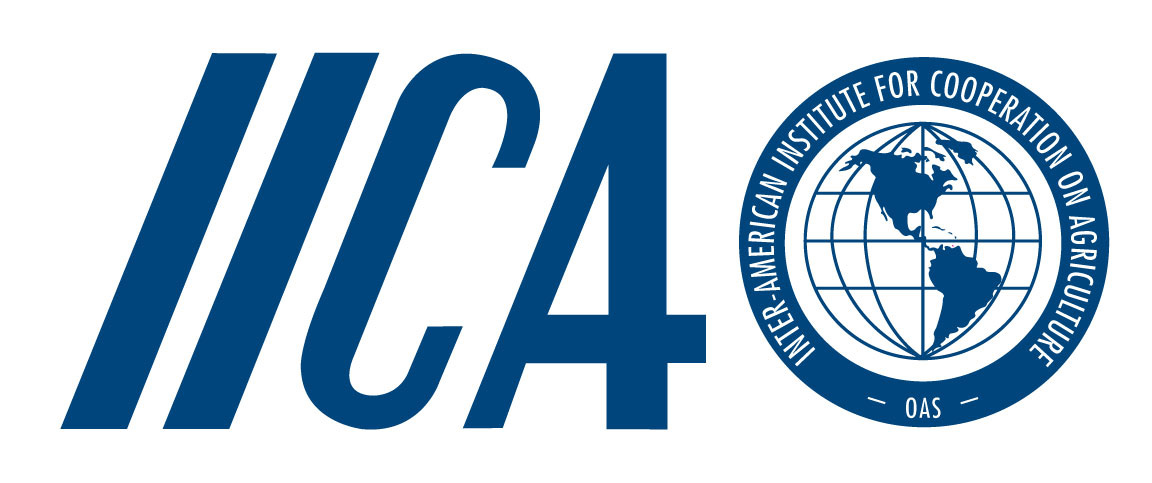GRISELDA’S STORY
The woman planting seeds for a better future for Guatemalan potato farmers
[column md=”12″]
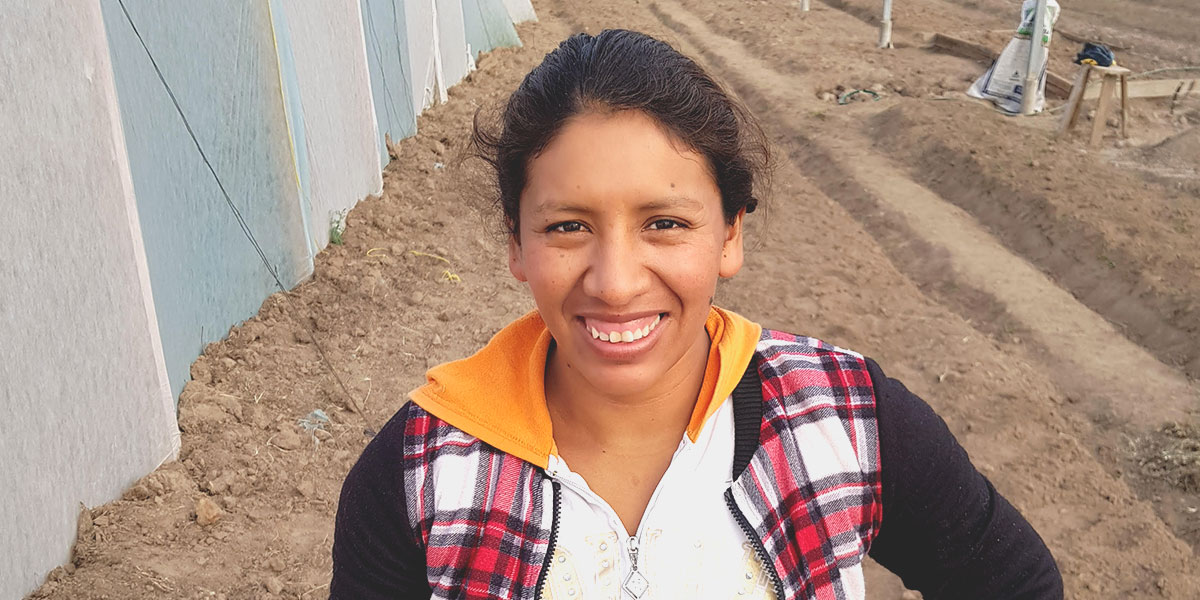
[/column]
[/row]
In the Western Highlands of Huehuetenango and San Marcos in Guatemala, potato farmers have used recycled seed for generations, a tradition that is passed from father to son.
However, these recycled seeds are leaving crops susceptible to pests, diseases, and other viruses. Certified seed can triple potato yields and help farmers increase incomes from potatoes by up to 300 per cent. But convincing farmers of this remains a great challenge in the region.
Griselda Velazquez is taking the lead in making sure that better seeds are available to create a better future for these potato farmers. She is responsible for the production of certified potato seeds at the Guatemalan company Servicios de Post-Cosecha, managing a team tasked with seed reproduction and transplanting of plantlet. As team leader, she oversees quality checks to ensure consistent seedling production and multiplication.
“The market continually demands higher quality products, so the demand for certified seed is increasing too, so that farmers can improve production and raise their incomes,” comments Griselda.
When she was hired, she was the only woman working at Post-Cosecha, and soon became faced with colleagues who believed a woman could not handle this type of technical work.
“Only men worked in planting, cutting, or transplanting, and they believed that when this work was done by a woman, the plants were more likely to die.”
[column md=”6″]
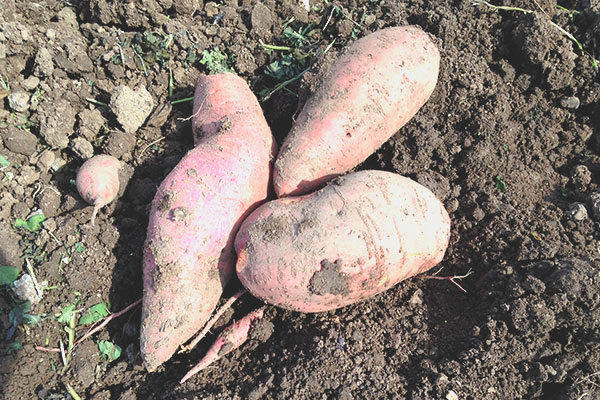
[/column]
[column md=”6″]
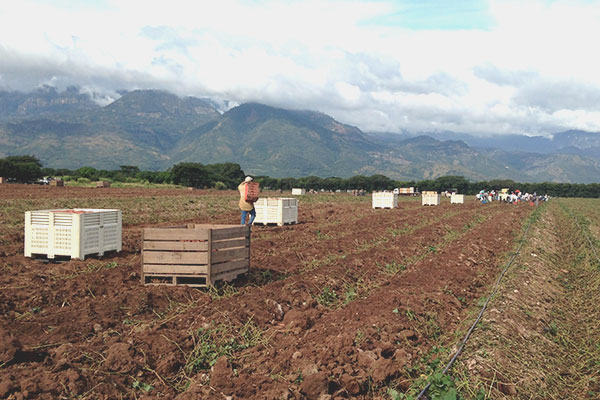
[/column]
[/row]
Griselda overcame this challenge through openly but assertively communicating with her team. She organized a meeting with her group that allowed space for a dialogue. She explained that she was going to lead the group, and needed respect in exchange. After the dialogue, the group better understood that women had the right to be leaders, to express their opinions, and to conduct managerial and technical work. Now, there is another full-time woman and five temporary ones.
“We are showing that women can break gender stereotypes related to agriculture through direct training in the fields, and our work introducing quality seeds,” Griselda says.
[column md=”12″]
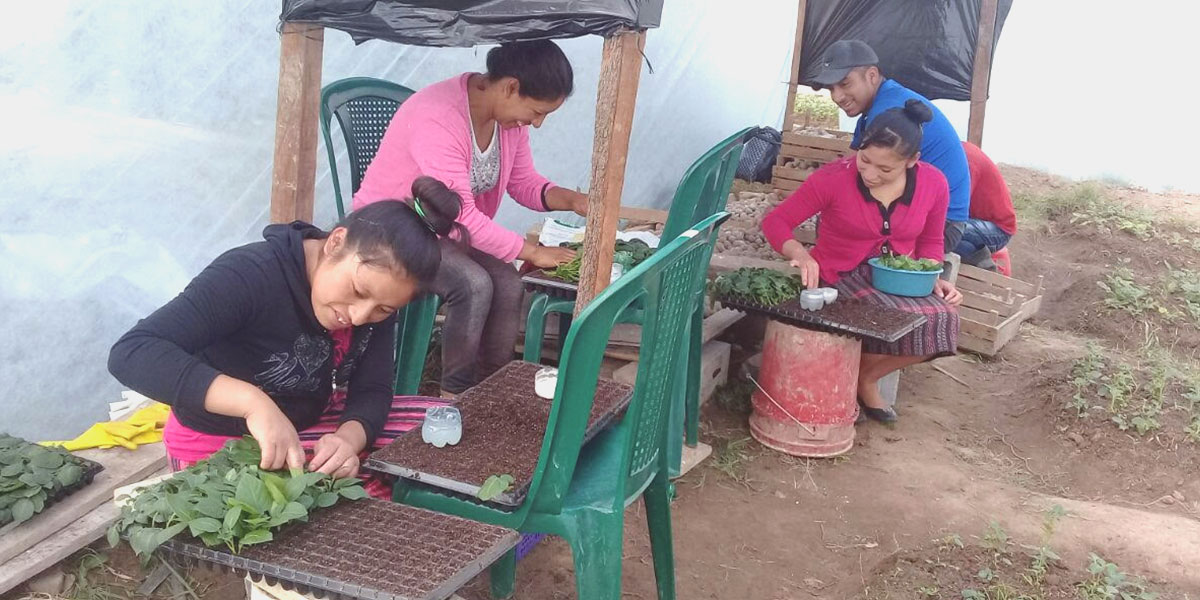
[/column]
[/row]
“Because of the Guatemalan culture to pass seeds from father to son, it is hard for women to get good quality seed. We are now introducing good quality seeds to organisations, and particularly women farmers.”
Griselda’s boss, Andres, has been a supportive mentor since day one. He provided her with recommendations on how to handle the early resistance from her team and used his authority to lend her greater credibility with skeptical groups. He placed his trust in her and encouraged her professional growth and supported her as a leader.
“I encourage rural women to break those gender stereotypes, and overcome these challenges in agriculture,” says Griselda.
[column md=”6″]
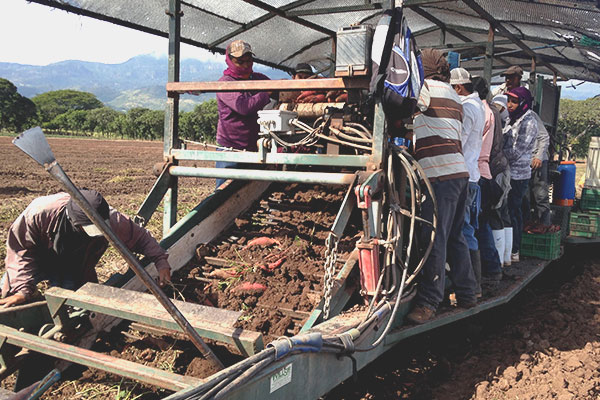
[/column]
[column md=”6″]
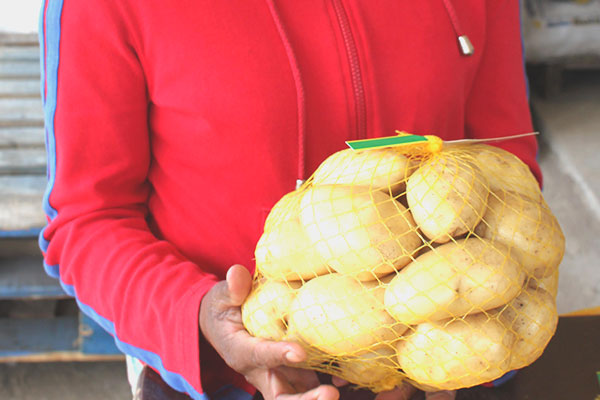
[/column]
[/row]
WHAT THE EXPERTS SAY
“As the former President of Costa Rica, Mrs. Laura Chinchilla once said, there is no social sector more invisible, less understood and less served, than that of rural women, despite the vital role they play in our rural communities,” says Miguel García-Winder of the Inter-American Institute for Cooperation on Agriculture.
“Several estimations indicate that rural women in Latin America and the Caribbean (LAC) are responsible for the production of approximately 45 per cent of the food consumed by rural households in the region. Additional to their role as producers, they have important roles selling surplus produce and running their homes, as well as beingcommunity leaders, mothers and wives,” he adds.
“To add to this, rural women in LAC confront other obstacles that limit their development and prevent the full expression of their productive capacity. One of the most important challenges is the access to education. For example in Guatemala, more than 60 per cent of rural women dedicated to agriculture cannot read or write. There are countries in the region that have been able to bridge this gap, Chile is probably the best example where this percentage is only 6.7.”
“Inequality in labour conditions and access to work opportunities; lack of access to productive inputs, particularly to land ownership; and insufficient access to credit all limit the development of women in the rural areas of LAC. These challenges have resulted in increased migration to urban areas, particularly by young women, where they become prone to exploitation and in several cases to new forms of slavery.”
“Griselda’s story show us how powerful providing education, productive opportunities and the development of leadership abilities can be. However, it also points to probably the most critical issue, which is the need to transform old cultural and socio-economic norms and patterns.”
“Public policies to improve extension services are needed, and better education and labour markets are needed too. But what we need the most is to recognize that women and men are equal, that they deserve the same rights, the same treatment, the same opportunities. LAC needs a new generation of women like Griselda, but also needs a new generation of men that work side by side, equal with women, to make this a better world and to preserve our mother Earth for future generations.”
[row]
[column md=”4″]
Case study prepared by:
Commentary:
Photo credits: TBD
SDGs covered:
